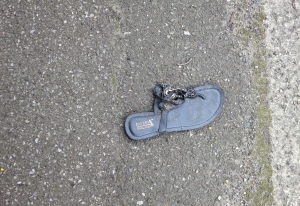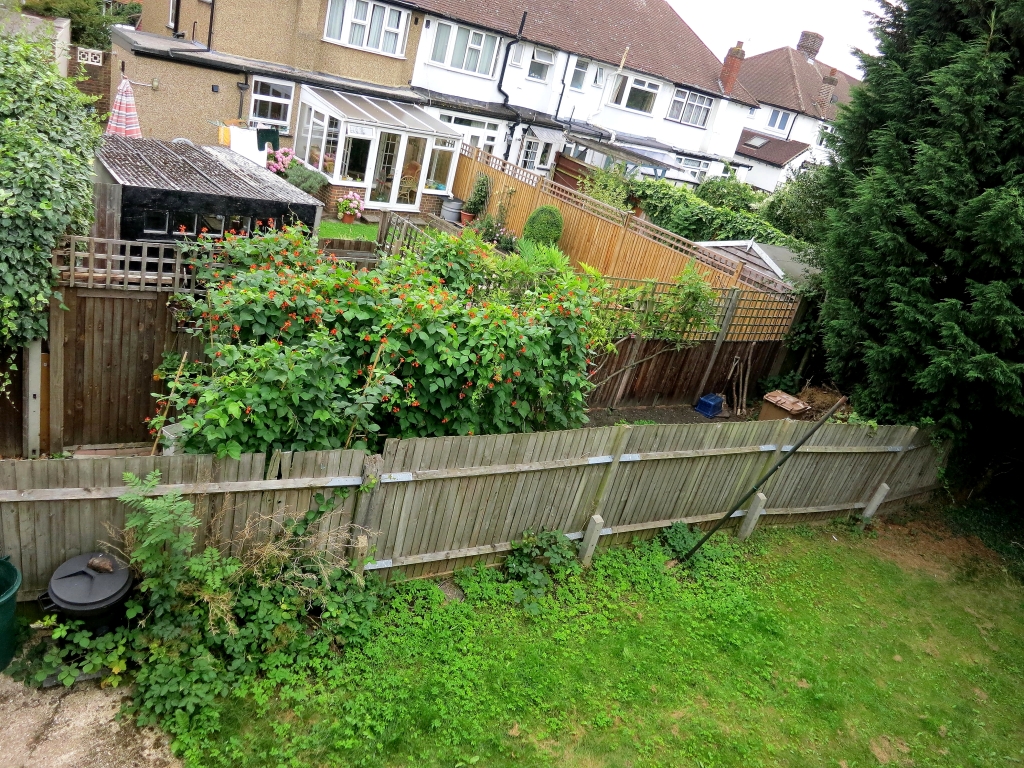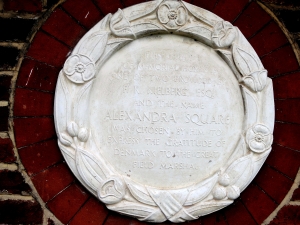Jackie drove me to and from New Milton Station today to facilitate my visit to Wolf and Luci in Clapham. From Waterloo I took the Northern Line underground to Clapham South and walked from there to Hambalt Road. I returned via Clapham Common.
‘Mister God, this is Anna’, by Sydney Hopkins under the pseudonym Fynn is a beautiful fable about a little girl whose ‘middle’ or essential spiritual core enables her to bear and surmount her experience as an abused runaway.
On my up journey today I finished reading ‘I Belong to No One’ by Gwen Wilson. What makes this personal memoir stand out is that the author is gifted writer whose creativity shines through her story told with deep honesty about her own feelings, and a sensitivity to those who fell short in caring for, or mistreated, her.
Albeit on the other side of the world, I have considerable knowledge of the contemporary social circumstances, ignorance, and legal constraints about which Gwen writes so eloquently.
The dramatic cover photograph does depict the despair the author describes, but what is demonstrated throughout the book is the author’s ‘middle’. Her story is for her to tell, so I will repeat none of it here, but simply urge you to read for yourself.
We have learned much since the middle of the 20th century. Nevertheless Gwen Wilson has appended an important epilogue.
The route I chose to walk this lunch-time took me along Clapham Common South Side, where skeletal trees provide a backdrop for the busy traffic.
Despite the careful maintenance of the houses on the side streets, such as these in Lynette Avenue,
you never know what you might find dumped on the pavements.
The Coach House in Shandon Road seems to have been converted into a home.
Other frontages bear the elegant detail of an earlier, more decorative age.
It must be thirty years or so that Abbeville Road has been experiencing the gentrification that brings trendy eating places.
Here is Hambalt Road.
I enjoyed a pleasurable visit with my friends, and the benefit of Luci’s excellent lamb casserole, boiled potatoes and mashed winter vegetables, followed by delicious fruit crumble. She and I drank a very good Kumala cabernet sauvignon shiraz 2013.
On my return walk a screeching and squawking heard above the roar of the traffic on the other side of the road outside Lambeth College emanated from a London Plane in which a pair of parakeets sent a squirrel scarpering.
Just before I reached the tube station the pedestrian crossing had been closed on account of water main works which are a not unusual sight in our capital.
I can’t pretend to understand this advance warning on the main road. I don’t imagine it really has anything to do with the people of Finland. Is it to be abandoned on the given date, because of engineering problems? Any ideas?
On my return home, the smell of Jackie’s sublime boeuf bourguignon was too much for me to resist having a small portion. I passed on dessert and wine.






















